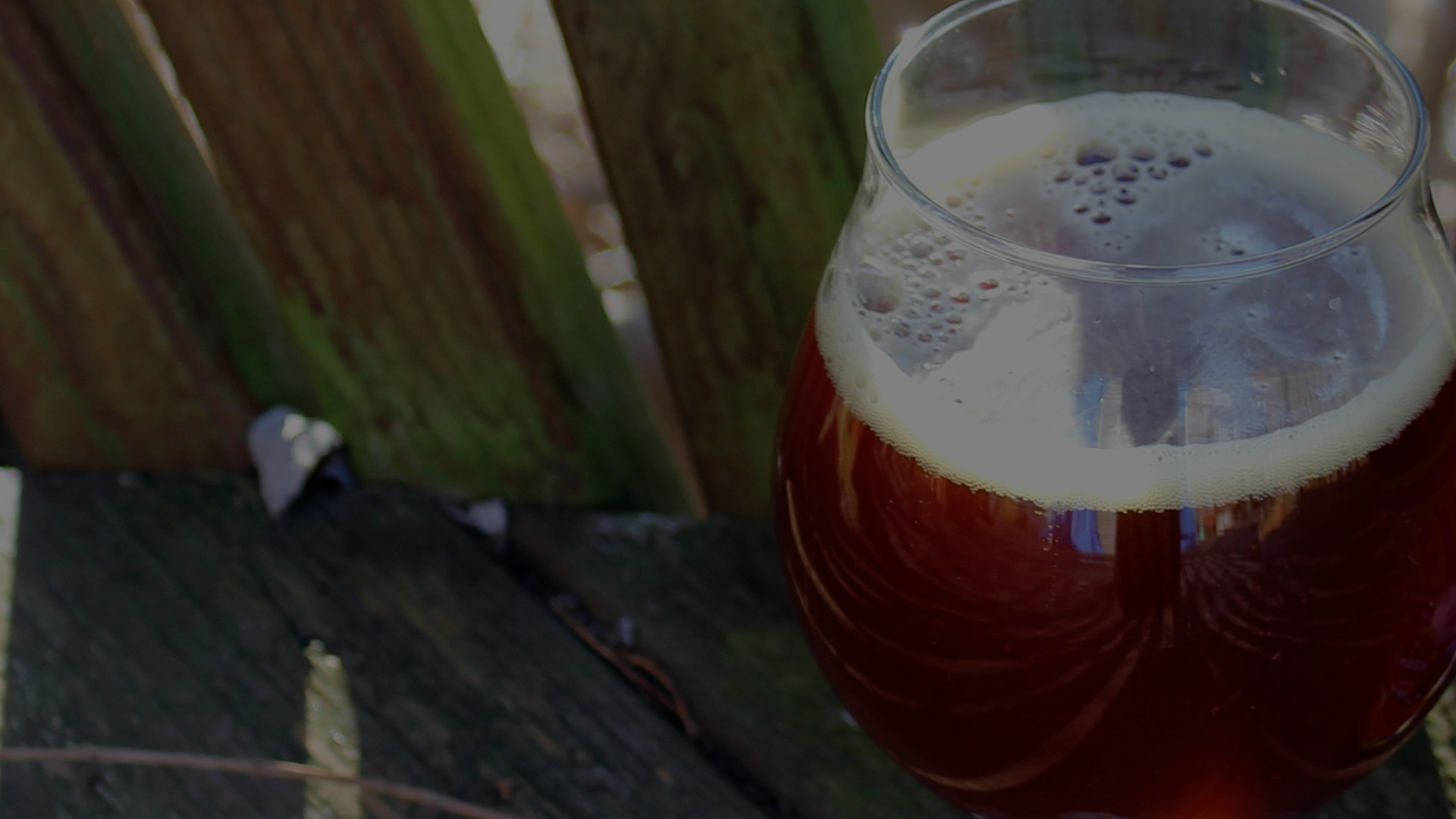Not long ago an acquaintance of mine, who shall remain anonymous (we’ll call him Beer Snob X), expressed his opinion. He said aluminum cans ruin the taste of beer. But he expressed it as fact, stating, “Cans give beer a metallic taste.” What? Then why have plenty of craft breweries, including 21st Amendment, Big Sky, Alaskan, and Ballast Point, all hopped on the Can Wagon? Hell, there’s even an entire website devoted to canned craft beers.
Take that, Beer Snob X. Canned beer isn’t just a mass-produced beer thing. Craft breweries care about taste, and the craft beers you and I drink from cans don’t taste metallic. This is a Craft Beer Can Revolution, with 1800 beers from 500 brewers available in cans. New cans have a plastic interior liner, which keeps the liquid from ever touching and degrading the aluminum. Therefore, nothing but the taste of (hopefully) great beer.
Cans recycle easier, they prevent damage from light, they prevent oxidation, they can go places bottles can’t, and you can do neat arts-and-crafts with them (my addition). Brewers run them through an X-ray test to ensure quality control, at which time they check for proper seal, correct fill levels, and bacterial growth. Further, if I were making a commercial about this I would say: “Modern canning technology locks in freshness, for a flavor straight from the brewery to your taste-buds.” A mini-mini-keg, with nothing but intoxicating, delicious beer inside.
All this is a little tongue-in-cheek. If cans are better, why wouldn’t every brewery just up and switch over? Don’t bottles offer some sort of advantage?
The answer is, it depends. Oxidation isn’t necessarily a bad thing for beer, because each kind of beer is different. Stone Brewing’s Craft Beer Ambassador, Bill Sysak, started cellaring beers in the late 1970s. According to him and other brewmasters, hoppier beers such as IPAs with lower ABVs aren’t good candidates for oxidation. Hops degrade and lose flavor quickly. Saisons and seasonal ales aren’t good agers, either. They’re good candidates for canning.

Bill Sysak; Photo: Four Brewers, CC BY-SA 2.0
Darker beers—stouts, brown ales, porters, barleywines—over 8% ABV respond amazingly to aging, mellowing the bite and bringing out malt and yeast notes that wouldn’t otherwise be there. In another interview, however, Sysak says a beer doesn’t have to be over 8% ABV to be a good ager. Sour beers, including Flemish reds, oude bruins, lambics, and gueuzes, are able to age splendidly, they’ll just be less sour by the time you get to them.
Aging needs a lack of light. Too much light will ruin the flavor of an aging beer. Paradoxically for canned beer, the cans keep out the light, but the container won’t let a beer age the way glass will. Canning beer takes away the point of aging it, because the can eliminates oxidation.

Beer cellar in Helsinki; Photo: Mikael Leppä, CC BY 2.0
Bottle-conditioned beers are specifically designed to ferment in the bottle, as yeast continues interacting with sugars after the initial brewing process. Home brewers can bottle-condition beers to carbonate them. But Sierra Nevada doesn’t see any reason why you can’t can-condition beers, and they do it with their Pale Ale. On top of that, Sierra Nevada’s Bill Manley asserts canned beers are just as good as bottled beers. He says, “In hundreds of double-blind trials we’ve found no statistical or analytical difference in flavors. There is literally no difference between the beer in the can and the beer in the bottle.”
Perhaps we are just in love with tradition, in love with the way a beer looks in a bottle. Perhaps we associate cans with mass-produced beer, industrialization, mean guys with mustaches, open cooler and a six-pack of Coors, barking dogs.
Here’s a hypothesis. Those with a highly developed sense of smell may be confusing the smell of the can with the flavor of the beer. Smell is directly tied into taste. Lose your sense of smell and nothing would taste the same. Maybe there’s a link between the smell of a can and someone’s perception that the beer tastes different. Just a thought. What do you think?
Featured Image: AI E., CC BY-SA 2.0
 |
Guest Writer |
| Daniel Matthews Writer, musician, and daily drinker from Boise, Idaho who does his best not to discriminate based on container. Please find him on Twitter @danielmatthews0 and feel free to give him your rants. |






